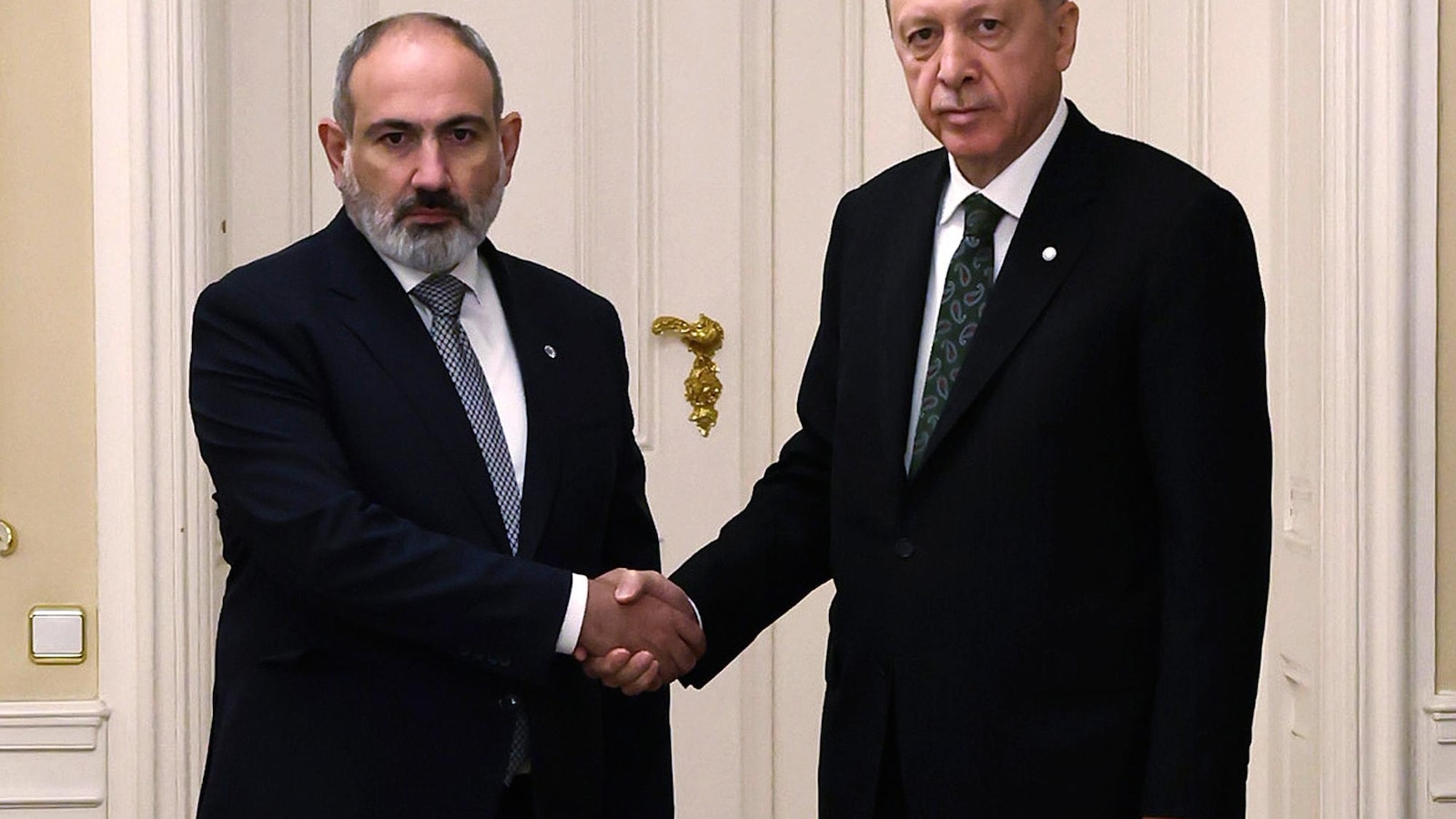ARTICLE AD BOX

A polling station is set up at a housing estate void deck, ahead of the general election in Singapore May 1, 2025. REUTERS/Edgar Su Purchase Licensing Rights, opens new tab
- Wong faces first electoral test as PM
- Focus on whether opposition can extend gains
- Changes in popular vote a yardstick for PAP approval
- Voting closes at 1200 GMT, result expected early Sunday
SINGAPORE, May 3 (Reuters) - Singapore is holding an election on Saturday almost certain to perpetuate the unbroken rule of the People's Action Party, in a test of public approval for its new prime minister as the city-state braces for economic turbulence from a global trade war.
The election is a bellwether for the popularity of the PAP, which has ruled since before Singapore's 1965 independence, with attention on whether the opposition can challenge the ruling party's tight grip on power and make further inroads after small but unprecedented gains in the last contest.
Sign up here.
Though the PAP has consistently won in landslides with about 90% of seats, its share of the popular vote is closely watched as a measure of the strength of its mandate, with premier Lawrence Wong keen to improve on the PAP's 60.1% in the 2020 election - one of its worst performances on record.
Wong, 52, became the Asian financial hub's fourth prime minister last year, promising continuity, new blood and to lead Singapore his own way.
He took over at the end of the two-decade premiership of Lee Hsien Loong, the son of former leader Lee Kuan Yew, the founder of modern Singapore.
Polls opened at 8 a.m. (0000) and will close at 8 p.m. (1200), with a result expected in the early hours of Sunday.
Living costs and housing availability in one of the world's most expensive cities are key issues for the 2.76 million voters and a continued challenge for Wong, whose government has warned of recession if the trade-dependent economy becomes collateral damage in the war over steep U.S. tariffs.
LOPSIDED CONTEST
The PAP has long had the upper hand in politics, with a big membership to draw from, influence in state institutions and far greater resources than its untested opponents, which are each running in only a small number of constituencies.
The election will be a lopsided affair, with 46% of all candidates representing the PAP, which is contesting all 97 seats compared to 26 for its biggest rival, the Workers' Party, which won 10 last time, the most by an opposition party.
But though a PAP defeat is extremely unlikely, some analysts say the election could alter the dynamic of Singapore politics in the years ahead if the opposition can make more headway, with younger voters keen to see alternative voices, greater scrutiny and more robust debate.
"It is to be expected that (its) overall electoral support will gradually, gradually dip from general election to general election," said National University of Singapore political scientist Lam Peng Er.
"Would Singaporeans be that surprised if the PAP's electoral support were to dip to 57% or 58%? It will surprise nobody. I don't think it will even surprise the PAP at all."
The PAP for its part is keen to avoid upsets and warned voters of the consequences of seat losses for key cabinet members, whom Wong said were critical to balancing ties between the United States and China and navigating Singapore's highly exposed economy through potentially choppy waters.
"I have backups ... sure. But everyone knows that the team cannot function at the same level," Wong told the 1.4 million strong labour union on Thursday.
Reporting by Xinghui Kok, Jun Yuan Yong and Bing Hong Lok; Editing by Martin Petty
Our Standards: The Thomson Reuters Trust Principles., opens new tab
Xinghui leads the Singapore bureau, directing coverage of one of the region’s bellwether economies and Southeast Asia's main financial hub. This ranges from macroeconomics to monetary policy, property, politics, public health and socioeconomic issues. She also keeps an eye on things that are unique to Singapore, such as how it repealed an anti-gay sex law but goes against global trends by maintaining policies unfavourable to LGBT families. https://www.reuters.com/world/asia-pacific/even-singapore-lifts-gay-sex-ban-lgbt-families-feel-little-has-changed-2022-11-29/ Xinghui previously covered Asia for the South China Morning Post and has been in journalism for a decade.

 2 months ago
84
2 months ago
84








 English (US) ·
English (US) ·